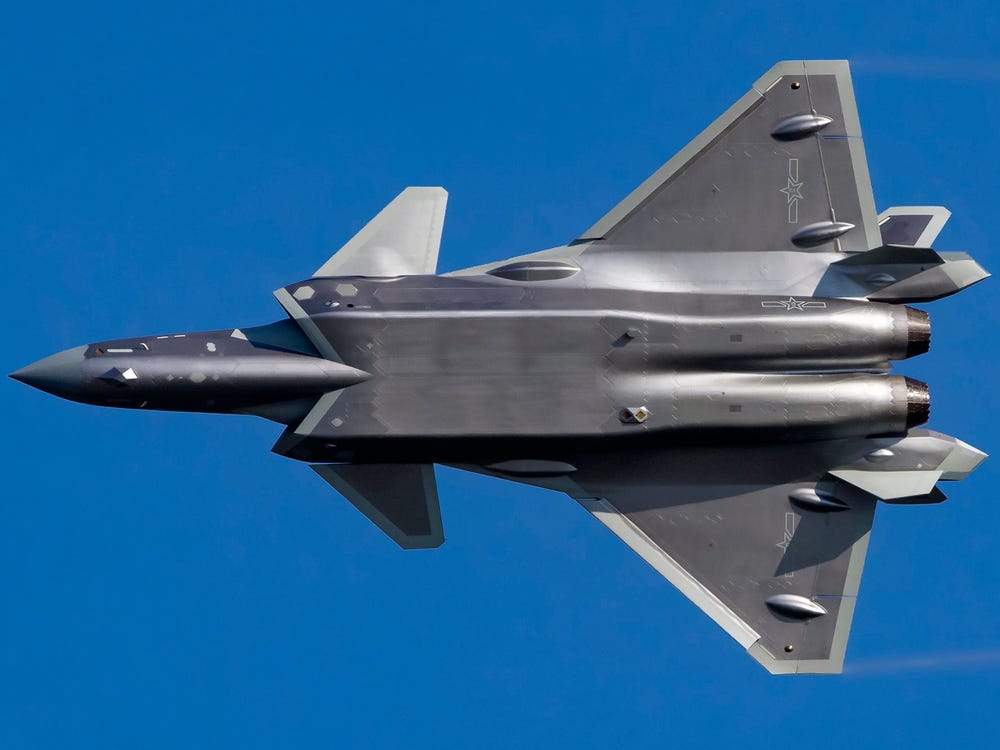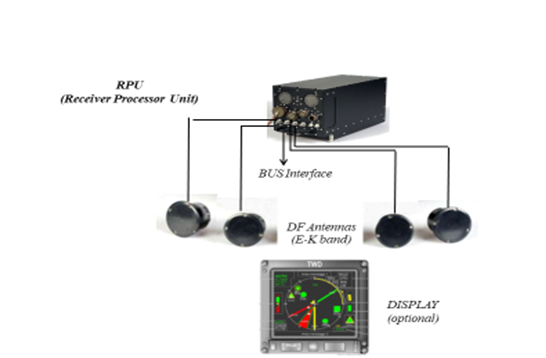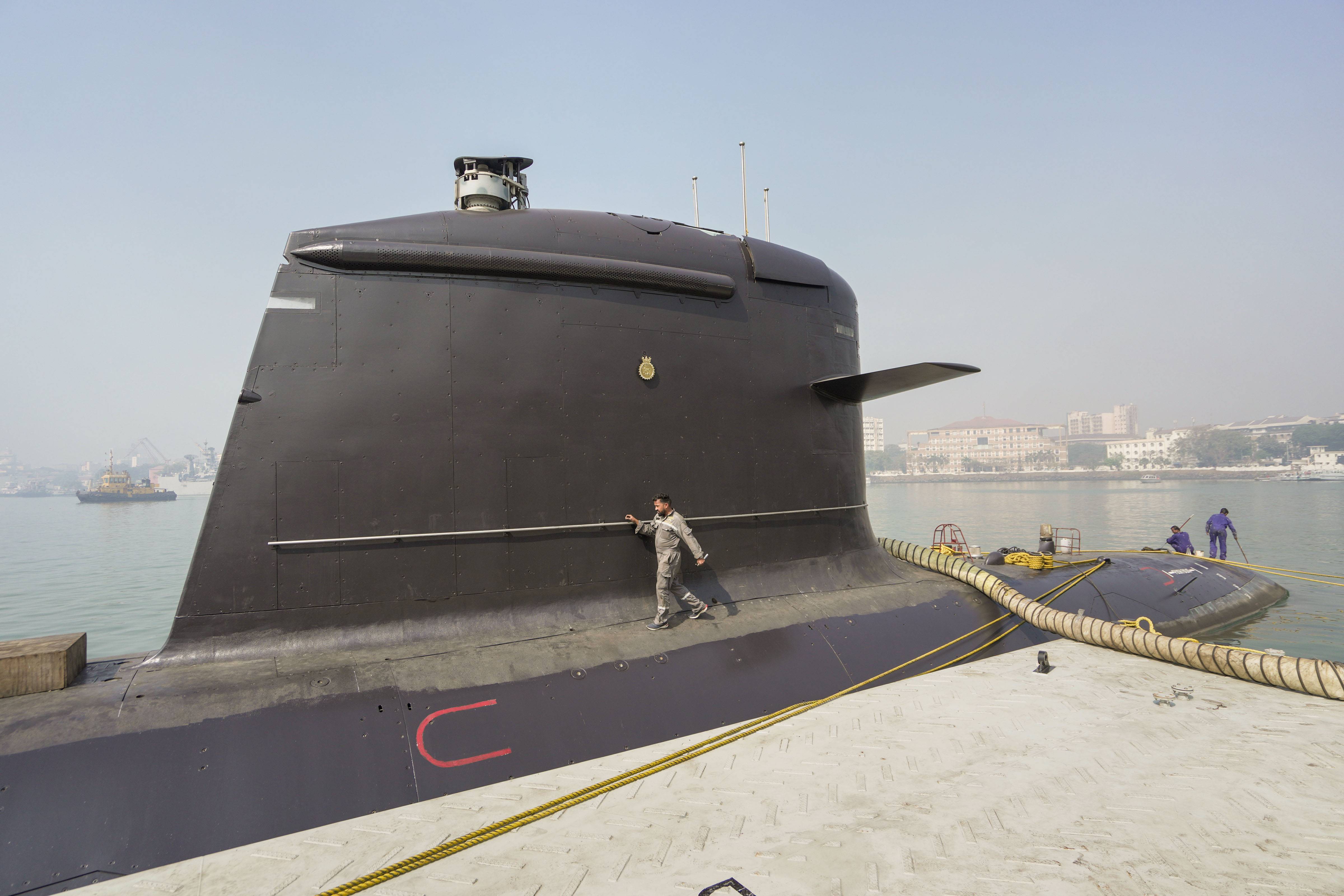
There are currently no international norms and policies that restrict the use or potential misuse of space weapons. These weapons are not subject to international laws. This can cause confusion and lead to conflict. The United States and Russia have already rejected any treaty that would limit the use these weapons.
Existing international legal instruments don't explicitly limit space weapons
As space systems continue playing an increasing role as a weapon of war and international security, military will develop the capability to strike or destroy them during conflicts. Many nations are investing heavily in missile defense capabilities that can be used as antisatellite weapons. Israel even suggests that its Arrow system could be used for this purpose in future. This is still a major problem due to the entanglement of space weapons and missile defense.
While the Outer Space Treaty prohibits the deployment and use of WMD in space orbit, it does not prohibit conventional space weapons or nuclear missiles in space. It does allow the deployment of conventional weapons in space with nuclear power. And there are no specific rules regarding the trajectory of intercontinental ballistic missiles in space.

The U.S. refuses to sign a treaty that would limit them
Russia and China submitted a draft agreement to the United Nations that would limit space weapons. The United States, however, is refusing to sign it, citing concerns about the secretive nature of space arms. Bush's administration dismissed the treaty in diplomatic terms. The Obama administration has been reluctant to sign this treaty.
The United Nations has committed itself to stopping an outer space arms-race, but it has yet to negotiate a comprehensive treaty to prohibit space weaponization. While the United States insists there isn’t such a race, it says there is no reason to act. The international community however agrees that the time is right to prevent space weaponization.
This treaty requires all states to conduct a legal assessment of any space weapon before it can be used. This review would identify if the weapon is in violation of the weapons laws and principles. The treaty does however not require states to make their legal reviews public.
Russia
Over the past two years there has been much discussion about Russia having space weapons. There are many theories, but some commentators believe that Russia is developing space weapons in response to the United States' aggressive space weapons program. A Russian commentator argued that the program would provide deterrence against hostile actions using space-enabled weapons.

Russians are testing the limits of their capabilities using anti-satellite guns. These weapons can be used to strike satellites with aircraft and lasers. Russia is also developing a method to shoot down another satellite using one of its own satellites. This is no surprise given our dependence upon satellites. Many countries have called for a treaty that would prevent the creation of space weapons.
Russia's national security is dependent on the Russian space program. It is crucial to Moscow's nuclear forces. Its early warning satellites can monitor objects in low-Earth orbit and provide launch data to command-and-control centers.